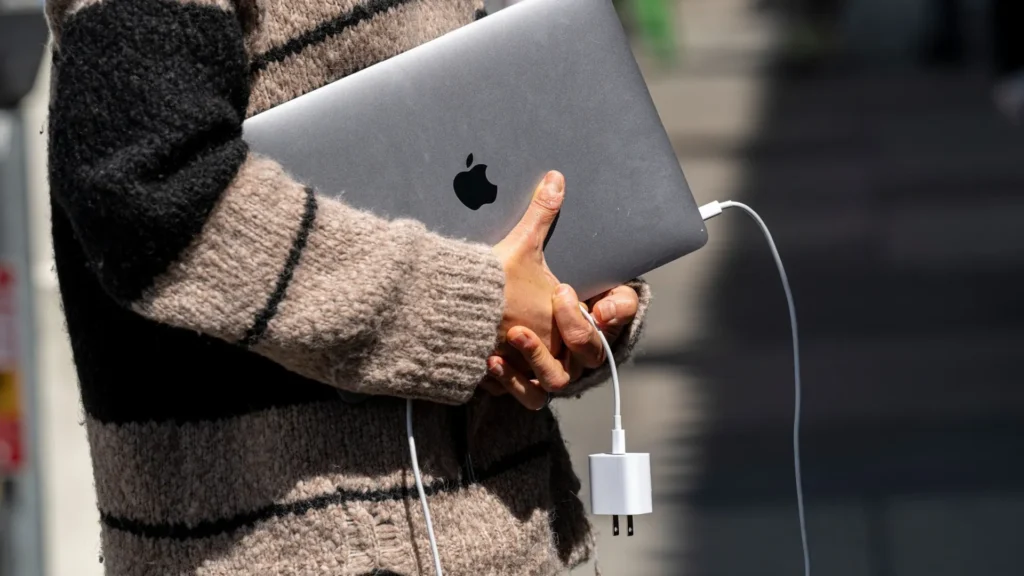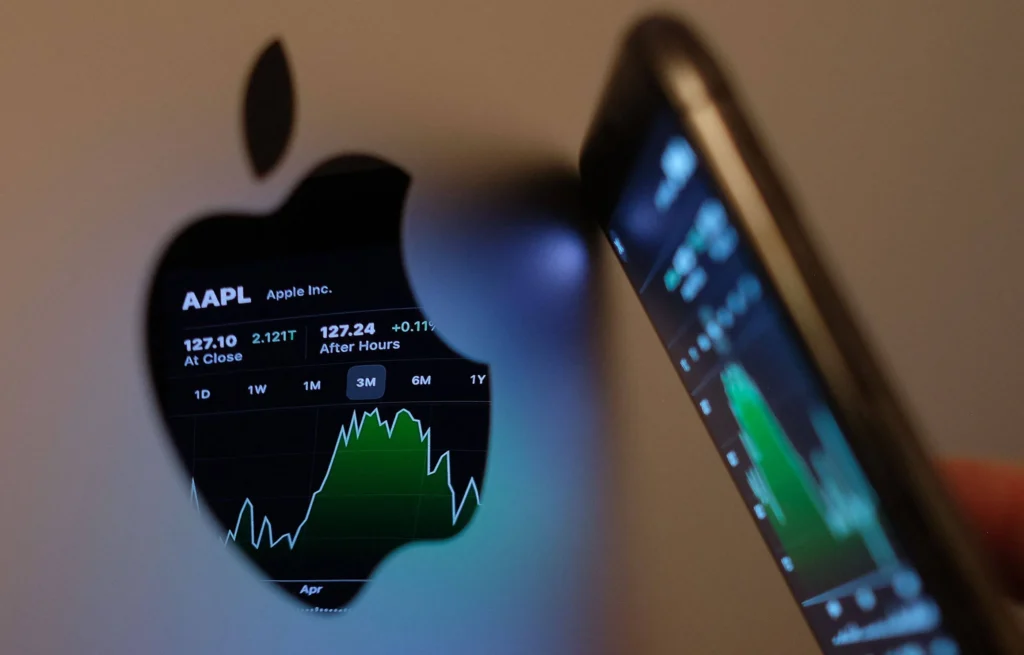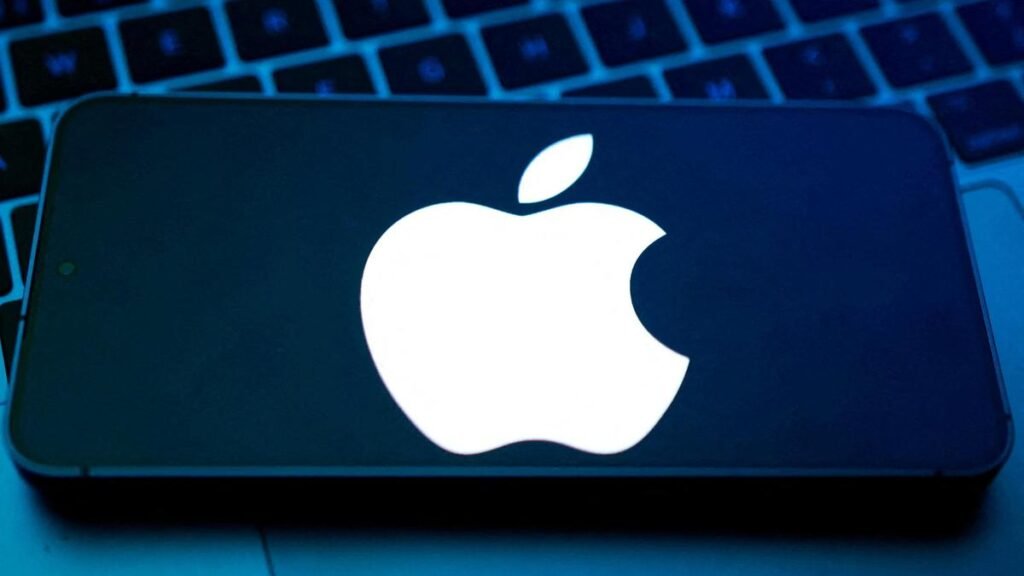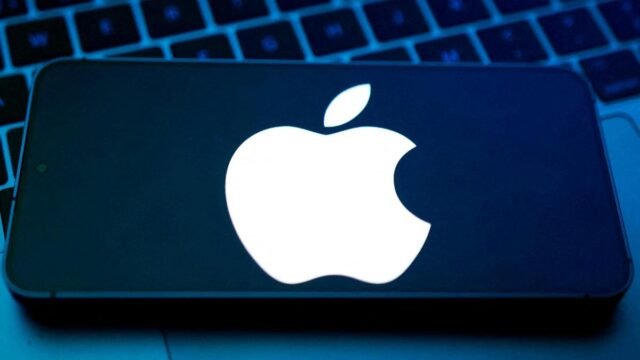In what is shaping up to be a landmark moment, Apple has reported a near-$140 billion revenue quarter, signalling both stability and ambition as it heads into its 50th anniversary year. Analysts say the figure not only underscores the company’s resilience amid global headwinds but also lays the ground for a fresh wave of product and software launches aimed at keeping customers engaged, according to Bloomberg.
This latest period reflects an environment in which Apple is balancing mature product lines – such as the iPhone, iPad and Mac – with bold bets on services and accessories. With more eyes than ever on what comes next, investors and consumers alike are watching closely.

Table of Contents
What’s Driving the Revenue Surge
Four primary factors are driving this performance:
- Core product strength: The iPhone line continues to generate the bulk of the company’s sales, supported by global upgrades and demand in emerging markets.
- Services growth: Apple’s ecosystem – from App Store to iCloud to Apple TV+ – remains a strong growth pillar, providing recurring revenue even when hardware cycles soften.
- Upcoming launches: Customers are holding off on older models, potentially picking up new releases or refreshed hardware. In particular, an updated iPad mini and the rollout of iOS 26.1 are creating anticipation.
- Anniversary momentum: As the company approaches its 50th anniversary, the company is gearing up for marketing, store revamps, and new initiatives to relaunch its brand appeal for the next half-century.
One source notes that Apple is heading into the period with “a $140 billion quarter” as a launch pad for 2026 ambitions.
For Nigerian-based users and those across Africa, this means Apple’s commitment to new devices and software updates could translate into improved local availability, support for additional markets, and possibly better trade-in values as older models get flushed out.
What to Expect: iOS 26.1, iPad mini and Beyond
The near-term horizon for Apple users is quite active. Of particular note:
- iOS 26.1: This version is expected to roll out soon, delivering incremental improvements, bug fixes and features tailored for the next generation of iPhones and iPads. Reports say that public betas have begun, laying the groundwork for a full launch.
- Updated iPad mini: A refresh of the smaller-format iPad is on the way. Apple’s willingness to reinvest in the iPad line signals that it sees growth opportunities, not just saturation. This is timely for content creators, students and professionals who favour a compact form-factor.
- Store and retail changes: Apple is said to be revamping its retail footprint, both physically and digitally, ahead of its anniversary celebrations. One mention is of “store changes for Nov. 12”.
For tech enthusiasts in Nigeria, this means keeping an eye on software compatibility, local launch dates and import/trade-in decisions. If you’re considering waiting for the new iPad mini model, aligning that decision with the refresh may yield better value.

Why This Quarter Matters for Nigeria & Africa
It’s easy to view Apple’s gargantuan numbers as far removed from the Nigerian market, but there are key takeaways that matter locally:
- Trickle-down of innovation: When Apple invests in new hardware and software globally, the benefit often reaches markets like Nigeria with better features, improved compatibility and sometimes additional localised services.
- Stronger bargaining power: A big quarter gives Apple financial muscle, which may lead to more competitive pricing, improved trade-in programmes and stronger regional support services.
- Ecosystem pull: As Apple’s services (streaming, cloud, subscriptions) grow, users in Nigeria may see more investment from Apple in regional content, payment integration and infrastructure.
- Currency & import-cycle timing: For Nigerian buyers, global launches often translate to local launches after a brief delay; knowing the timing of Apple’s next moves helps when making purchasing decisions amidst FX fluctuation and import duties.
In short, Apple’s triumph isn’t just a U.S./European story—it has ripple effects that touch users in Africa, offering both opportunities and price-point considerations.
Challenges and What to Watch
Despite the strong numbers, some caution remains:
- Global macro-economy: Consumer electronics are sensitive to economic slowdowns, currency pressures and inflation—factors very real in Nigeria and other emerging markets.
- Saturation risk: With smartphones reaching maturity in many markets, Apple must find fresh angles to keep upgrades compelling—hence the push for services, new iPads and attitude to hardware renewal.
- Regional rollout delays: Many new Apple features and devices hit major markets first; African users may still wait weeks or months for availability, which affects adoption.
- Competition: Apple faces increasing pressure from rivals offering high-quality hardware at lower price points. For mid-range buyers in Nigeria, value tends to matter more than brand alone.
Still, with a near-$140 billion quarter in the books, Apple appears to be navigating those headwinds with poise.

Conclusion
For anyone in Nigeria eyeing their next upgrade, and especially those waiting for that refreshed iPad mini or the iOS 26.1 release, the timing looks promising. Apple’s robust quarter gives confidence that the company is not cutting corners and intends to follow through on new launches.
Whether you’re an iPhone loyalist, a creative needing a compact iPad, or simply a tech-savvy Nigerian making sense of local pricing and availability, this quarter from Apple signifies more than just revenue—it points to what’s next. And in the local context, that means being strategic: watch the launch windows, assess whether to wait for the new model, and keep an eye on trade-in and currency-impact.
Overall, Apple’s performance sets a solid foundation for 2026—not just globally, but for users across Africa who benefit when innovation meets strategic timing.
Join Our Social Media Channels:
WhatsApp: NaijaEyes
Facebook: NaijaEyes
Twitter: NaijaEyes
Instagram: NaijaEyes
TikTok: NaijaEyes





